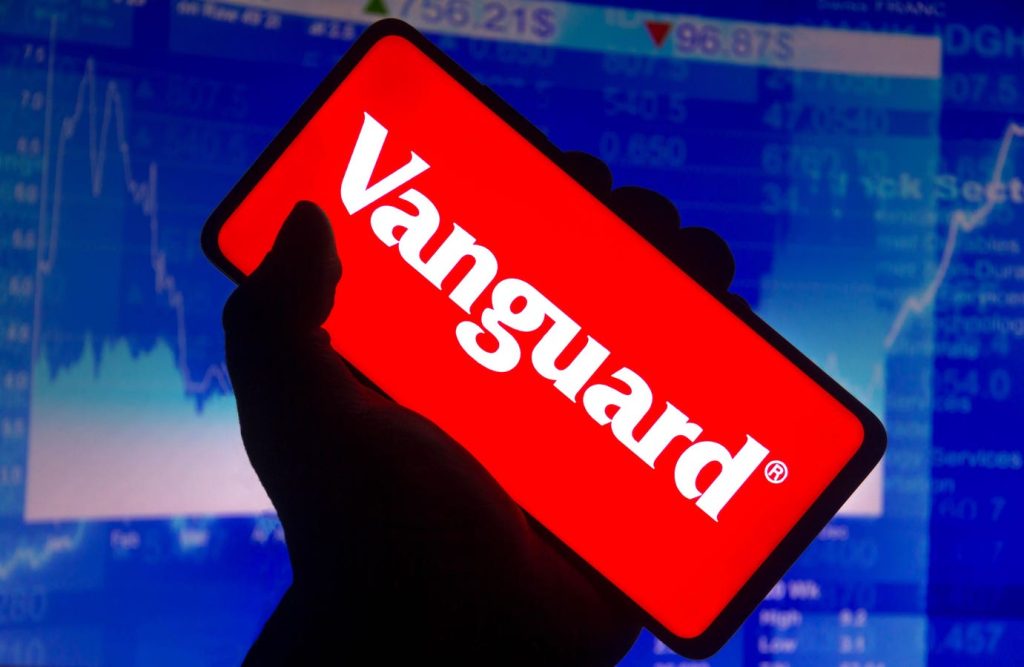Vanguard, a renowned low-cost asset manager with $8.6 trillion in assets, recently announced new fees that will take effect starting July 1. These fees include a $25 transaction fee for trading Vanguard ETFs and mutual funds over the phone and a $100 processing fee for closing an account or transferring assets to another firm. While the majority of trades are done online and remain commission-free, these new fees may impact retirees and long-time Vanguard customers who are not comfortable with internet transactions.
Despite its reputation for being the lowest cost provider in the industry, Vanguard’s new fees align with those of its competitors such as Charles Schwab and Morgan Stanley’s ETrade, which also charge $25 broker service fees. Additionally, Vanguard’s $100 account closure fee is steeper compared to ETrade and Schwab. The firm, however, remains committed to providing a secure and seamless digital experience for clients and constantly evaluates its brokerage services and fee structure to improve client satisfaction.
Vanguard, founded by Jack Bogle in 1975, prides itself on being owned by its 50 million clients and offering lower costs through its funds. While its average fees are still industry-standard, individual index funds offered by competitors like BlackRock and Fidelity may be more cost-effective. For example, Fidelity’s 500 Index Fund has lower fees compared to Vanguard’s 500 Index Admiral Shares. Vanguard’s average fees generate around $7 billion annually from its $8.6 trillion in assets, and the new customer charges are not expected to significantly impact the company’s revenue.
Vanguard’s wealthiest clients with at least $1 million in assets will continue to trade commission-free with a live broker, while those with at least $5 million are exempt from the account closure fee. For other clients, Vanguard is taking steps to streamline operations by nudging behavior through fees. This includes charging an annual service fee for clients who have not switched to electronic delivery of statements and imposing charges for maintaining legacy mutual fund accounts.
The changes announced by Vanguard come shortly after Fidelity faced backlash for introducing transaction fees on ETFs issued by smaller independent managers. Fidelity’s decision to charge a transaction fee of up to $100 or 5% of the purchase amount on these ETFs raised concerns, with critics suggesting it may not significantly impact Fidelity’s revenue. Some believe that Fidelity may be attempting to pressure ETF issuers into paying revenue shares. Overall, these recent fee changes by Vanguard and Fidelity reflect a broader shift in the industry towards implementing fees to influence client behavior and generate additional revenue.


